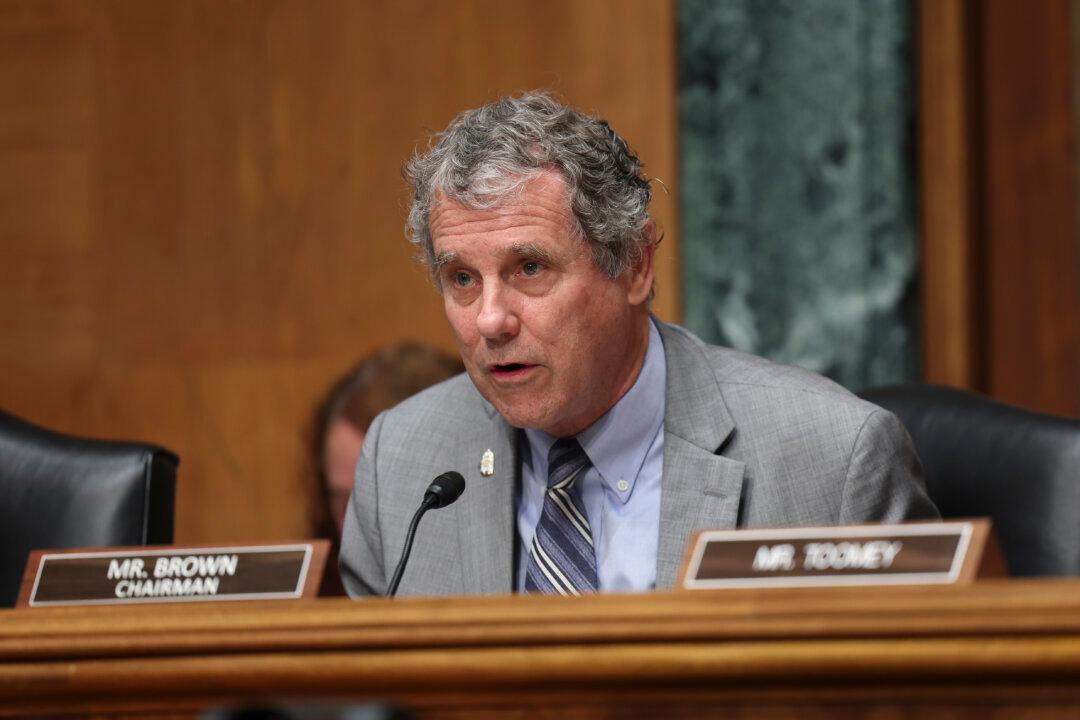A bipartisan group of senators spoke to banking and consumer law experts about the increasing dangers Americans face in the area of financial fraud, pointing to a need for increased safeguards and added education to help citizens avoid falling victim to a scam.
The Feb. 1 hearing, conducted by the Senate Committee on Banking, Housing, and Urban Affairs, Chairman Sen. Sherrod Brown (D-Ohio) and Ranking Member Sen. Tim Scott (R-S.C.), began with lawmakers stating concerns about the prevalence of scams and fraud targeting consumers in the financial industry.





